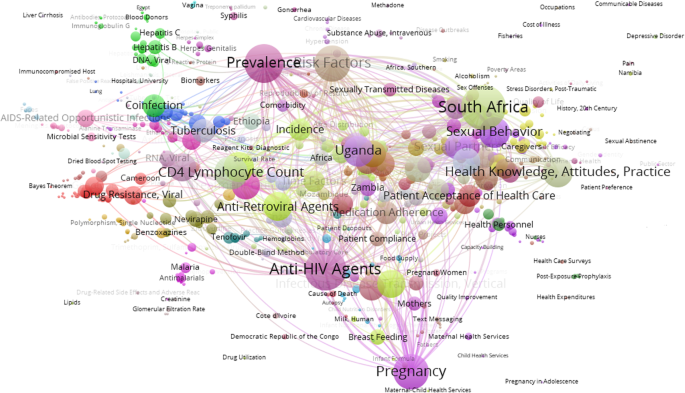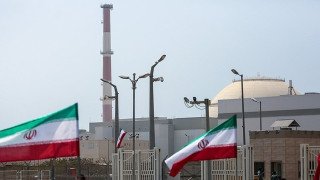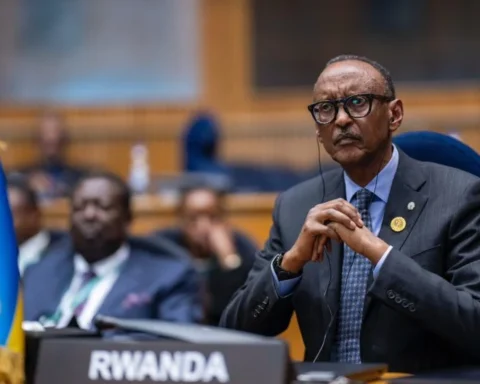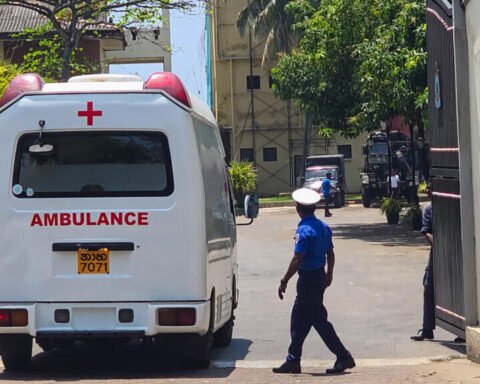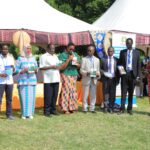The 13th International AIDS Society (IAS) Conference on HIV Science, recently held in Kigali, Rwanda, has highlighted a transformative shift in the role of African researchers in global HIV research.
For decades, Africa was seen primarily as a testing ground for studies designed elsewhere. Today, African scientists are leading the way—designing clinical trials, guiding analyses, and determining the most pressing research questions.
“Africa is no longer just at the table; it is building the table,” noted conference organizers, underscoring the continent’s newfound authority in HIV research. Clinical trials, which test the safety and effectiveness of treatments, vaccines, and medical interventions, are increasingly being conceived and directed by African researchers.
Among the highlights of the conference were pioneering presentations on antibody-based strategies, T-cell immunogen design, and integrated trial models, demonstrating Africa’s growing scientific leadership.
Also Read; Deadly Assault on Sudan’s Abu Shouk Refugee Camp
The event attracted hundreds of experts, with over 140 oral abstracts and 1,400 poster presentations, many showcasing research led by African institutions.
One notable figure is Christian Happi, a Nigerian molecular biologist and genomics expert, whose work on HIV and other infectious diseases has positioned Africa at the forefront of global health innovation. His teams have tracked transmission pathways and contributed critical insights into disease control, emphasizing the importance of African-led science in addressing regional health challenges.
The shift reflects significant investment in African research infrastructure and capacity building. Partnerships between local scientists, governments, and international organizations have created an environment in which African researchers not only participate but direct the HIV research agenda.
Experts at the IAS 2025 conference stressed that this leadership is essential not only for advancing scientific understanding but also for developing interventions tailored to the specific needs of African populations, who continue to bear a disproportionate burden of the HIV epidemic.

